Vietnan/Agosto de 2017/Fuente: Vietnam.net
Resumen: Según el Ministerio de Educación, hay 1,1 millones de maestros de preescolar y de escuela general. Esto incluye 400,000 escuelas primarias y 140,000 maestros de secundaria. Vietnam carece seriamente de profesores para el preescolar y necesita por lo menos 33.000 más. En cuanto a la escuela primaria, media y secundaria, carece de maestros en algunas áreas, pero tiene demasiadas en otras áreas. Algunas provincias reportaron un alto número de maestros al final del primer semestre de 2016-2017. Thai Binh, por ejemplo, tiene 1.224 estudiantes, Phu Tho 1.191, Thanh Hoa 2.188, Nghe An 1.742 y Quang Nam 1.096. Mientras tanto, Hanoi carece de maestros, especialmente para la escuela primaria (2.696), mientras que Son La necesita 1.133 y Gia Lai 1.196 maestros más. En general, la oferta es superior a la demanda, razón por la cual el MOET, en los últimos 4 a 5 años, ha estado recortando la matrícula de las escuelas pedagógicas.
According to MOET, there are 1.1 million preschool and general school teachers. This includes 400,000 primary school and 140,000 high school teachers.
Vietnam seriously lacks teachers for preschool and needs at least 33,000 more. As for primary, middle and high school, it lacks teachers in some areas, but has too many in other areas.
Some provinces reported a high number of teachers by the end of the first semester of 2016-2017. Thai Binh, for example, has 1,224 students, Phu Tho 1,191, Thanh Hoa 2,188, Nghe An 1,742 and Quang Nam 1,096.
Meanwhile, Hanoi lacks teachers, especially for primary school (2,696), while Son La needs 1,133 and Gia Lai 1,196 more teachers.
In general, the supply is higher than demand, which is the reason why MOET, in the last 4-5 years, has been cutting the enrollment of pedagogical schools.
To deal with the deficiency in preschools and oversupply in general schools, MOET has decided to retrain general school teachers and send them to preschools. The solution has raised controversy.
According to MOET’s Nguyen Thi Kim Phung, 84,000 students were enrolled in pedagogical schools in 2014, while the figure was cut to 68,000 in 2016. In 2017, the enrollment was cut further by 20 percent to 54,000.
Despite the sharp cuts, the number of students trained every year still seems to go far beyond demand.
Under a plan on training teachers and managerial staff in the education sector approved by PM in 2016, in 2016-2020, pedagogical schools would only train 190,000 teachers, including 130,000 to replace the teachers who retire and 60,000 new teachers.
Nevertheless, in the 2016-2017 and 2017-2018 academic years alone, the total number of students enrolled by pedagogical schools has reached 122,000.
Only one-third of the students were enrolled in central pedagogical schools (23,000/68,000 in 2016). This means that the majority of students went to local pedagogical schools.
Regarding the quality of pedagogical school graduates, experts have warned that with the low quality of students, there would be few qualified teachers in the future.
Local newspapers report that junior colleges (3-year training) admit students who get a 10-12 score for 3 exam subjects, while students just need to have a 15.5 score to enter pedagogical universities.
Nguyen Van Minh, a renowned educator, pointed out that enrollment by local pedagogical schools and teacher recruitment is ‘beyond the control of MOET’
Fuente: http://english.vietnamnet.vn/fms/education/185066/teacher-recruitment-out-of-reach-of-education-ministry.html

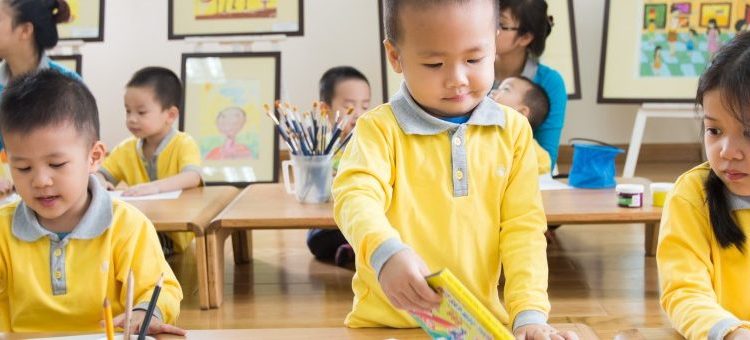

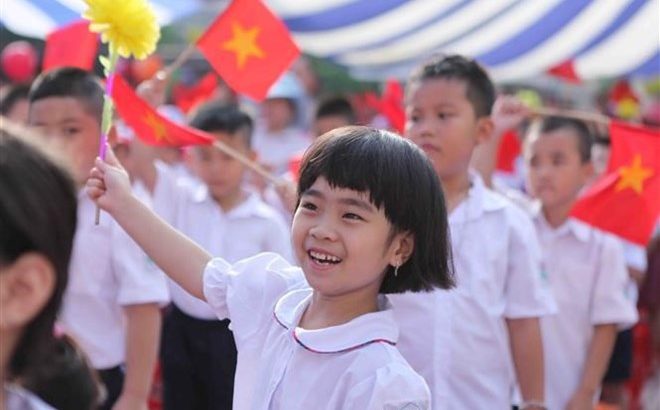
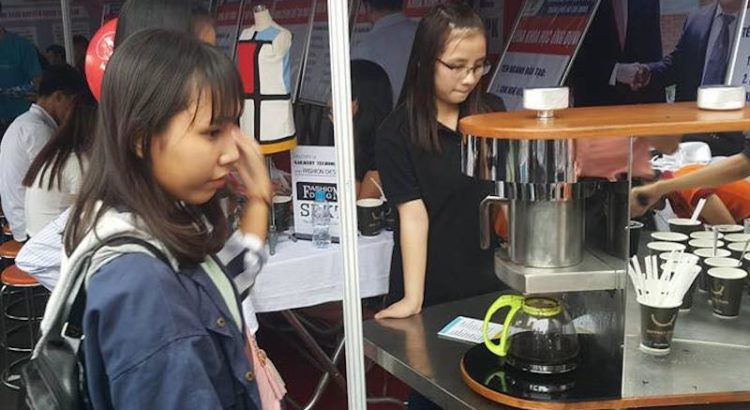
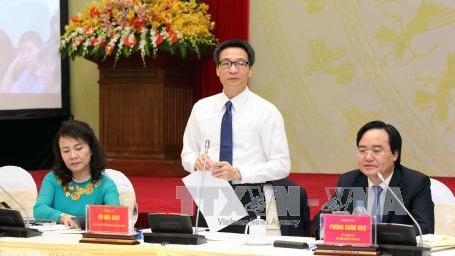
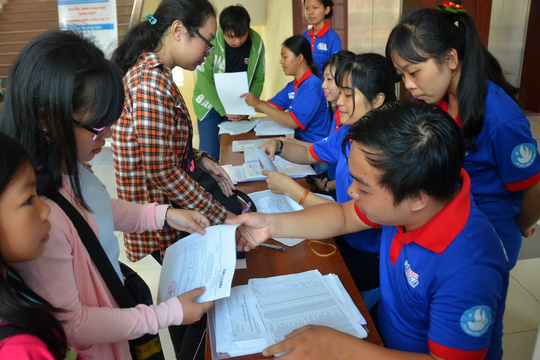







 Users Today : 36
Users Today : 36 Total Users : 35460339
Total Users : 35460339 Views Today : 52
Views Today : 52 Total views : 3419080
Total views : 3419080